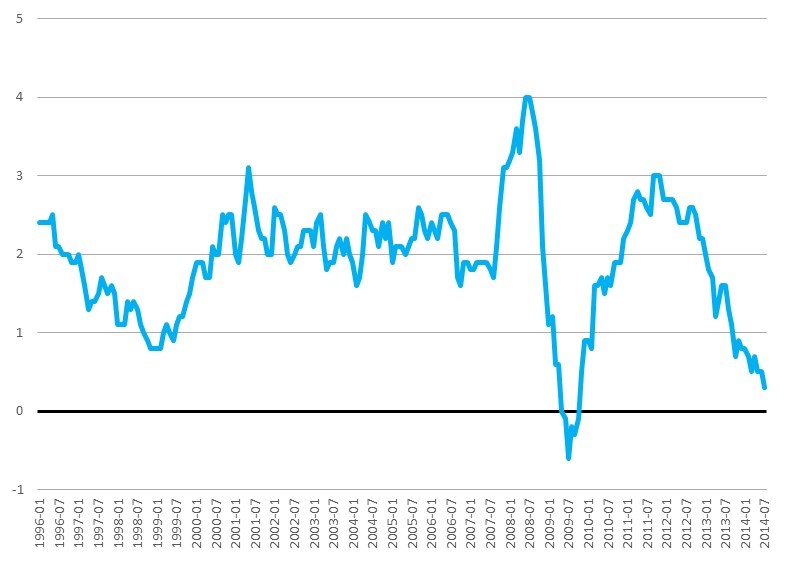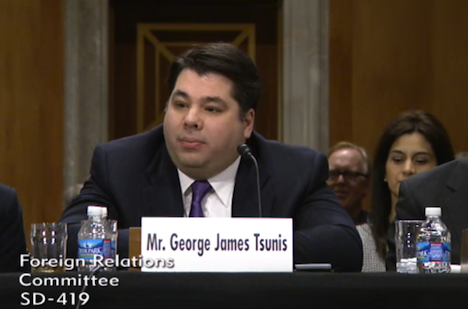The 16 world elections to watch in 2016.
Please click here for the 2013 calendar of world elections.
Please click here for the 2014 calendar of world elections.
Please click here for the 2015 calendar of world elections.
All United States elections and political events are marked in blue.
* * * * *
January
January 4: Marshall Islands — presidential (indirect)
January 7: Kiribati — parliamentary (2nd round)
January 16: Taiwan — presidential and parliamentary
January 17: Haiti — presidential runoff
January 17: Colima (Mexico) — gubernatorial
January 22: Vanuatu — parliamentary
January 24: Portugal — presidential (indirect)
January 20-28: Vietnam — internal Communist Party leadership elections
January 31: Central African Republic — presidential (runoff)
February
February 1: Iowa — presidential caucuses
February 9: New Hampshire — presidential primary
February 18: Uganda — presidential and parliamentary
February 20: Nevada — presidential caucuses (Democratic only)
February 20: South Carolina — presidential primary (Republican only)
February 21: Niger — presidential and parliamentary (first round)
February 21: Comoros — presidential
February 21: Bolivia — presidential term limits referendum
February 23: Nevada — presidential caucuses (Republican only)
February 25: Jamaica — parliamentary
February 26: Ireland — parliamentary
February 26: Iran — parliamentary and Assembly of Experts
February 27: South Carolina —
presidential primary (Democratic only)
February 28: Benin — presidential (first round)
February: Myanmar/Burma — presidential (indirect)
March
March 1: Alabama, Arkansas, Georgia, Massachusetts, Oklahoma, Tennessee, Texas, Vermont, Virginia — presidential primaries
March 1: Colorado — presidential caucuses (Democratic only)
March 1: Minnesota, North Dakota, Wyoming —
presidential caucuses (Republican only)
March 3: New Zealand — postal referendum on changing flag begins
March 4: Samoa — parliamentary
March 5: Slovakia — parliamentary
March 5: Louisiana — presidential primary
March 5: Kansas — presidential caucuses
March 5: Kentucky and Maine —
presidential caucuses (Republican only)
March 5: Nebraska — presidential caucuses (Democratic only)
March 6: Maine — presidential caucuses (Democratic only)
March 8: Michigan and Mississippi — presidential primaries
March 8: Hawaii — presidential caucuses (Republican only)
March 9: Idaho — presidential primary (Republican only)
March 13: Benin — presidential (2nd round)
March 13: Baden-Württemberg (Germany) — state elections
March 13: Rhineland-Palatinate (Germany) — state elections
March 13: Saxony-Anhalt (Germany) — state elections
March 15: Florida, Illinois, Missouri, North Carolina and Ohio — presidential primaries
March 20: Niger — presidential (2nd round)
March 20: Kazakhstan — parliamentary
March 20: Laos — parliamentary
March 20: Cape Verde — parliamentary
March 20: Congo-Brazzaville — presidential
March 22: Arizona and Utah — presidential primaries
March 22: Idaho — presidential caucuses (Democratic only)
March 24: New Zealand — postal referendum on changing flag ends
March 26: Alaska, Hawaii and Washington — presidential caucuses (Democratic only)
April
April 2: Vietnam: presidential (indirect)
April 4: Saskatchewan (Canada) — provincial assembly
April 4: West Bengal (India) — state assembly elections begin
April 4: Assam (India) — state assembly elections begin
April 5: Wisconsin — presidential primary
April 8: Djibouti — presidential
April 9: Wyoming — presidential caucuses (Democratic only)
April 10: Peru — presidential and parliamentary
April 10: Chad — presidential
April 11: Assam (India) — state assembly elections end
April 13: South Korea — parliamentary
April 13: Syria — parliamentary
April 17: Italy — referendum on offshore drilling
April 19: Manitoba (Canada) — provincial assembly
April 19: New York — presidential primary
April 24: Serbia — parliamentary
April 24: Austria — presidential
April 26: Connecticut, Delaware, Maryland, Pennsylvania and Rhode Island — presidential primaries
April 27: Guernsey (UK) — assembly
May
May 3: Indiana — presidential primary
May 5: London (UK) — mayoral and city assembly
May 5: Wales (UK) — regional parliamentary
May 5: Scotland (UK) — regional parliamentary
May 5: Northern Ireland (UK) — regional parliamentary
May 5: West Bengal (India) — state assembly elections end
May 9: Philippines — presidential, parliamentary and local
May 10: Nebraska — presidential primary (Republican only)
May 10: West Virginia — presidential primary
May 15: Dominican Republic — presidential and parliamentary
May 17: Kentucky — presidential primary (Democratic only)
May 17: Oregon — presidential primary
May 16: Kerala (India) — state assembly
May 16: Tamil Nadu (India) — state assembly elections
May 16: Pondicherry (India) — state assembly elections
May 19: West Bengal, Kerala, Assam, Tamil Nadu Pondicherry (India) — state assembly election results announced
May 20: Laos — presidential (indirect)
May 22: Vietnam — parliamentary and people’s council
May 22: Cyprus — parliamentary
May 22: Austria — presidential (runoff)
May 22: Tajikistan — referendum on term limits
May 24: Washington — presidential primary
June
June 1: Somaliland (Somalia) — presidential and parliamentary
before June 2: Puducherry (India) — state assembly elections
before June 5: Assam (India) — state assembly elections
June 5: Aguascalientes, Baja California, Chihuahua, Durango, Hidalgo, Oaxaca, Puebla, Quintana Roo, Sinaloa, Tamaulipas, Tlaxcala, Veracruz and Zacatecas (Mexico) — various gubernatorial and regional elections
June 5: Macedonia — parliamentary
June 5: Peru — presidential (second round)
June 5: Sardinia (Italy) — regional (first round)
June 6: Saint Lucia — parliamentary
June 12-13: Italy — municipal (first round)
June 7: California, Montana, New Jersey, New Mexico and South Dakota — presidential primaries
June 7: North Dakota — presidential caucuses (Democratic only)
June 12-13: Italy — municipal elections (first round)
June 14: District of Columbia — presidential primary
June 19: Sardinia (Italy) — regional (second round)
June 23: United Kingdom — referendum on EU membership
June 25: Iceland — president
June 26: Spain — parliamentary
June 26-27: Italy — municipal (second round)
June 29: Mongolia — parliamentary
July
July 2: Australia — parliamentary (double dissolution)
July 9: Nauru — parliamentary
July 10: Japan — senatorial (one-half)
July 17: Sao Tome and Principe — presidential
July 18-21: Republican (US) — national convention
July 25-28: Democratic (US) — national convention
August
August 3: South Africa — municipal
August 7: Thailand — constitutional referendum
August 11: Zambia — presidential and parliamentary
August 28: Gabon — presidential
August 30: Estonia — presidential (indirect)
September
September 4: Mecklenburg-Western Pomerania (Germany) —
state elections
September 4: Hong Kong — legislative council
September 8-11: Seychelles — parliamentary
September 11: Belarus — parliamentary
September 11: Croatia — parliamentary
September 11: Cape Verde — presidential
September 18: Russia — Duma/parliamentary
September 18: Chechnhya (Russia) — presidential
September 18: Berlin (Germany) — local elections
September 22: Isle of Man (UK) — parliamentary
September 24: Somalia — indirect parliamentary elections begin
September 24: Labour Party (UK) — leadership race results announced
September 25: Galicia (Spain) — regional elections
September 25: Basque Country (Spain) — regional elections
September 30: Curaçao (The Netherlands) — assembly
October
October 1: San Marino — capitani reggenti selection
October 2: Austria — presidential revote
October 2: Colombia — referendum on FARC peace deal
October 2: Brazil — municipal (first round)
October 2: Hungary — referendum on EU migration
October 2: Capre Verde — presidential
October 6-7: Parti québécois (Canada) — leadership race
October 7: Morocco — parliamentary
October 8: Georgia — parliamentary
October 9: Lithuania — parliamentary
October 9: Haiti — presidential (first round)
October 10: Somalia — indirect parliamentary elections end
October 15: Afghanistan — parliamentary
October 15: Australian Capital Territory — regional assembly
October 16: Montenegro — parliamentary
October 29: Iceland — parliamentary
October 30: Moldova — presidential
October 30: Somalia — presidential (indirect)
October: Bulgaria — presidential
October: United Nations — secretary-general (internal)
October: Italy — constitutional reform referendum
November
November 6: Nicaragua — presidential and parliamentary
November 6: Bulgaria — presidential
November 7: Ghana — presidential and parliamentary
November 8: United States — presidential, House,
Senate (one-third) and various gubernatorial elections
November 11: Romania — parliamentary
November 13: Bulgaria — presidential runoff (as necessary)
November 13: San Marino — parliamentary
November 20: Galicia (Spain) — regional
November 20: Les Républicains (France) — presidential nomination
November 27: Congo — presidential and parliamentary
November: Guayana — presidential (indirect)
December
December 1: Gambia — presidential
December 4: Austria — presidential revote
December 4: Uzbekistan — presidential (snap)
December 7: Ghana — presidential and parliamentary
December 11: Macedonia — parliamentary
December 11: Transmistria (Moldova) — presidential
December: Venezuela — gubernatorial and regional elections
December: Cote d’Ivoire — parliamentary
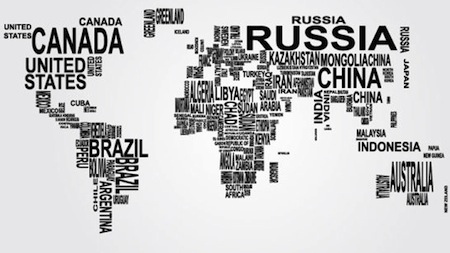


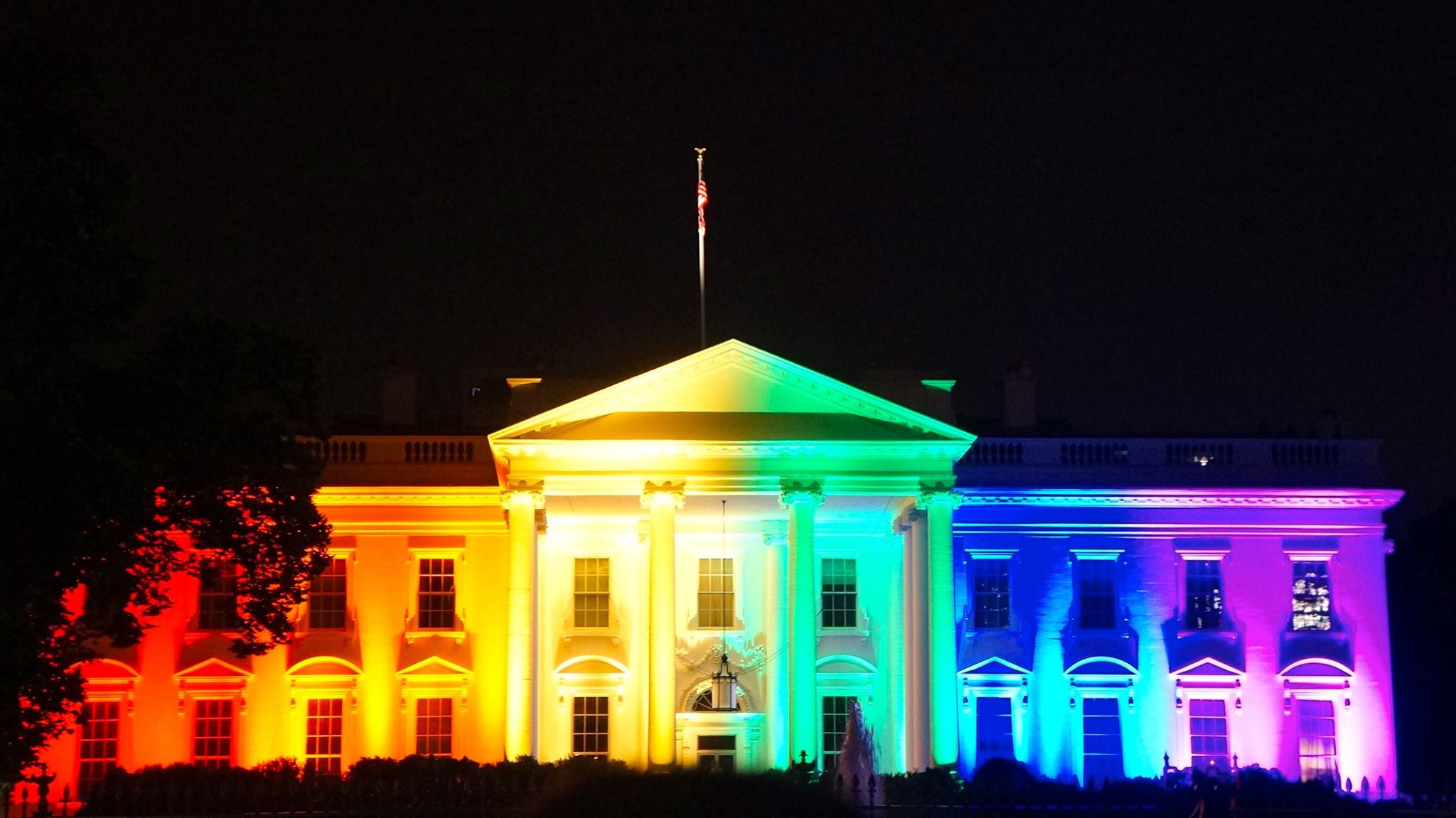



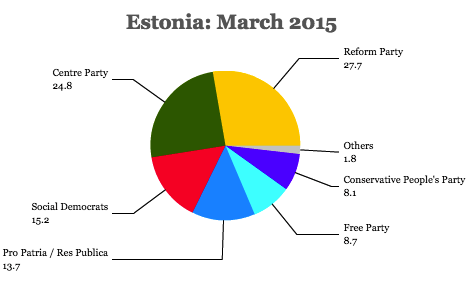
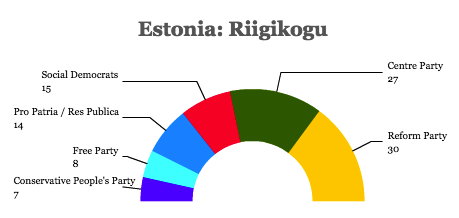
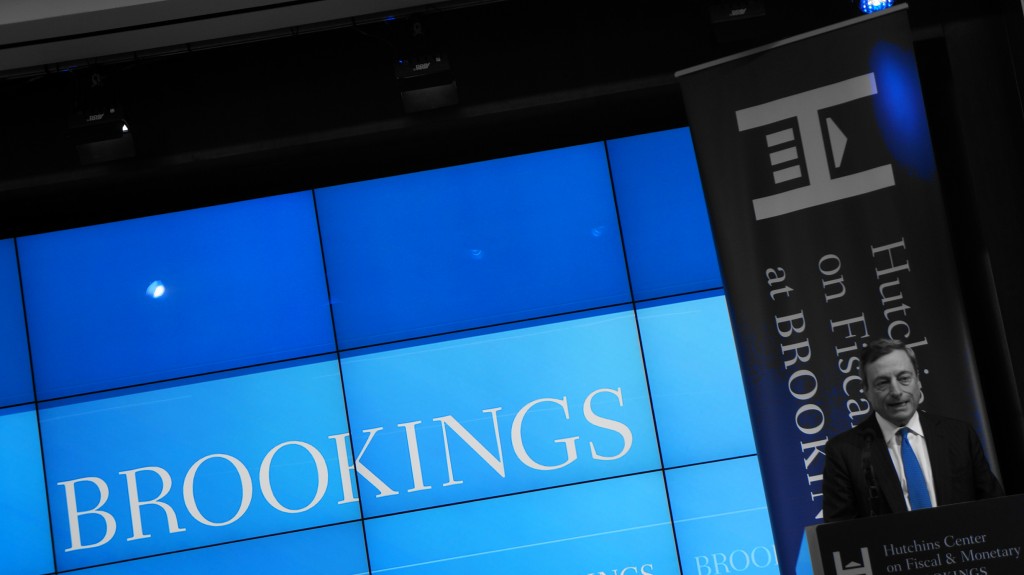
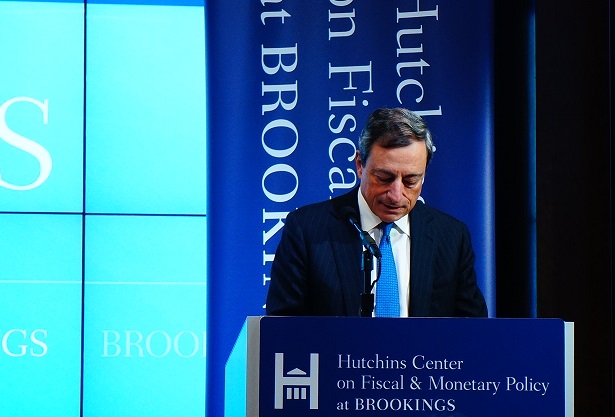 Draghi stressed that he understands the biggest risk to European Union’s economic recovery is deflation. He noted that the ECB is transitioning from a more passive approach to a much
Draghi stressed that he understands the biggest risk to European Union’s economic recovery is deflation. He noted that the ECB is transitioning from a more passive approach to a much 